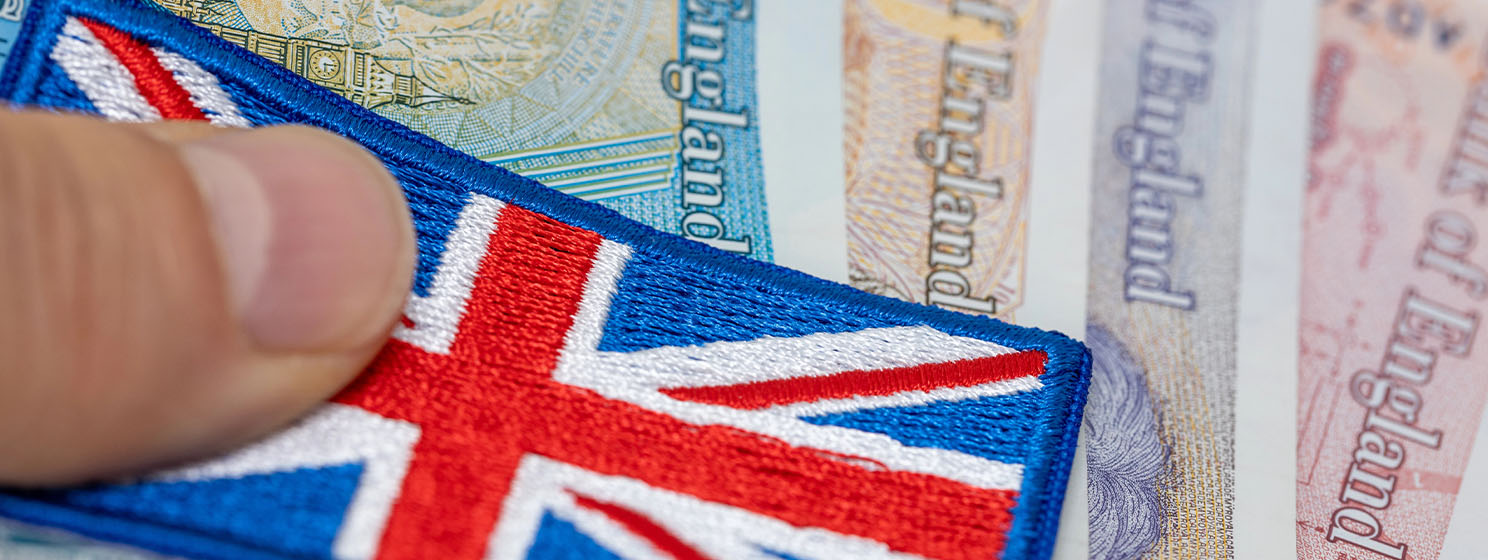|
Getting your Trinity Audio player ready...
|
New research has indicated that less than half of British adults leave home with a physical wallet, a figure that falls to barely more than a third for Gen Z.
LINK, the United Kingdom’s cash machine network, published new research on September 3 showing that only 48% of U.K. adults, based on a “nationally representative” online survey of 2,077 consumers, own a physical wallet or purse that they consider essential to their day-to-day lives; this number fell to 38% for the 18-24 age group.
“The old saying ‘cash is king’ may still hold true for some, but today it is convenience that wears the crown,” said LINK. “Now, digital is the default. Card payments overtook cash in popularity back in 2018, and today, digital wallets on smartphones and smartwatches are the go-to for Gen Z and Millennials.”
The report, titled ‘Tapping into Trouble? The U.K.’s Growing Digital Payment Dependency‘, indicated that over half (51%) of those surveyed carry a digital wallet (via smartphone or smartwatch) when leaving home, and three-in-five (60%) 18 to 24-year-olds consider a digital wallet one of their “go-to” payment methods.
Among those with a digital wallet, 40% only had one card set up on it, and 60% of those using a digital wallet said they only carried this kind of wallet. Additionally, around 7% of those surveyed said they carry no cash at all, while 23% had none at home.
Despite this apparent preference for digital wallets and cashless payments, the research also revealed that only 61% of U.K. consumers trust smart devices as a payment method—a number that falls to just 37% among those aged 65 and up.
This seemingly contradictory lack of trust in the preferred payment method could be explained by another report’s revelations, which state that more than six in ten (61%) people had experienced payment failures, with 36% experiencing a failure they attributed to a system outage. Of those experiencing payment failures, some abandoned the purchase they were trying to make, or relied on someone else to pay for them.
Based on this, LINK warned that some people may be over-reliant on a limited choice of payment methods, which could leave them without a backup payment option if such an outage occurs.
“Our latest research shows us that for many people digital payments have become the default and many people no longer carry cash or keep it at home,” said Adrian Roberts, Deputy CEO of LINK.
“Reliance on digital payments can bring great convenience but they can also bring risk. Consumers have told us that they’re not yet confident in the reliability of digital payments, so it is important that we protect cash as a payment system while important work takes place to improve resilience and inclusivity.”
The research also made some recommendations for a “resilient and effective payments system in a world where digital is increasingly dominant,” as well as providing some “hints and tips” to make sure people are ready should digital payments fail.
Specifically, LINK suggested people:- Maintain a cash reserve, at home and on their person, in case digital systems fail;
- Have multiple digital wallets and a diversified range of payment networks to choose from, so that failure of one wouldn’t prevent a person from using their money;
- “Do the basics,” such as signing their cards and knowing their PIN numbers;
- Understand contactless payment limits – the maximum and minimum spend thresholds at point of sale;
- Consider having an alternative current account and banking app;
- And make sure they can access a portable charger, in case their phone runs out of battery and they lose access to their digital wallet.
In terms of broader recommendations for the U.K.’s payment system, LINK praised the inclusion of the Bank of England (BoE) in the Payments Vision Delivery Committee, which was set up by the U.K. government earlier this year to enhance regulatory coordination and drive implementation of “a world-leading payments ecosystem.”
The report also urged a focus on maintaining the U.K.’s cash infrastructure for those who continue to use and rely on physical money.
The king is not dead, yet
Despite LINK’s predictions that the U.K. is inexorably moving toward a cashless society, solace for cash-lovers can be found in another recently published report by the ATM network.
In July, LINK published research showing that cash is the “most trusted payment method,” with customers saying it gives them more control of their spending.
According to the data collected as part of LINK’s regular research to understand current payment and spending habits, almost seven in 10 (69%) of the adult population said they used cash to pay for something in the two-week period examined.
“Looking at the responses to this question over time, we can see this has been between 69%-73% since February 2022,” said LINK. “This suggests that despite overall cash spending falling, regular use for everyday in-person transactions remains stable.”
When combined with the research published on Wednesday, this appears to suggest that the U.K. public may increasingly favor the convenience and ease of digital wallets but still trust them less than cash, on which people continue to periodically rely.
“While contactless card payments are seen as the most convenient and quickest form of payment by a significant majority of consumers, cash is seen as the most reassuring for staying within a budget and fully understanding the cost of shopping too,” said LINK. “Almost two-thirds of consumers (65%) also said cash protects them from fraud compared to (22%) contactless card and (18%) digital wallets.”
The data also showed that more than three-quarters of people (76%) believed it was important to have the option to pay with cash, and 82% thought all shops should accept it. The reasoning behind this demand for businesses to continue to accept cash was a concern held by 85% of those surveyed that a cashless society could exclude vulnerable groups, while 71% saw cash as “vital for personal freedom.”
Thus, despite the increase in digital adoption, 63% of respondents said they were unlikely to go completely cashless in the next 12 months.
However, two findings that did match the trends highlighted by LINK in its most recent report were that cash is more popular among older consumers aged 55 and over, with 25% preferring cash compared to 8% of 25-34 year olds, and that over half of the population (52%) reported going somewhere in the two months before the survey that did not accept or discourage the use of cash.
Together, these findings paint a picture of cash gradually being phased out as younger generations—millennials, Gen Z, and Gen Alpha—become increasingly reliant on digital wallets. Their habits are further encouraged by the increasing number of businesses beginning to phase out cash payments.
Watch: Peer-to-peer electronic cash system—that’s micropayments

 03-03-2026
03-03-2026 




